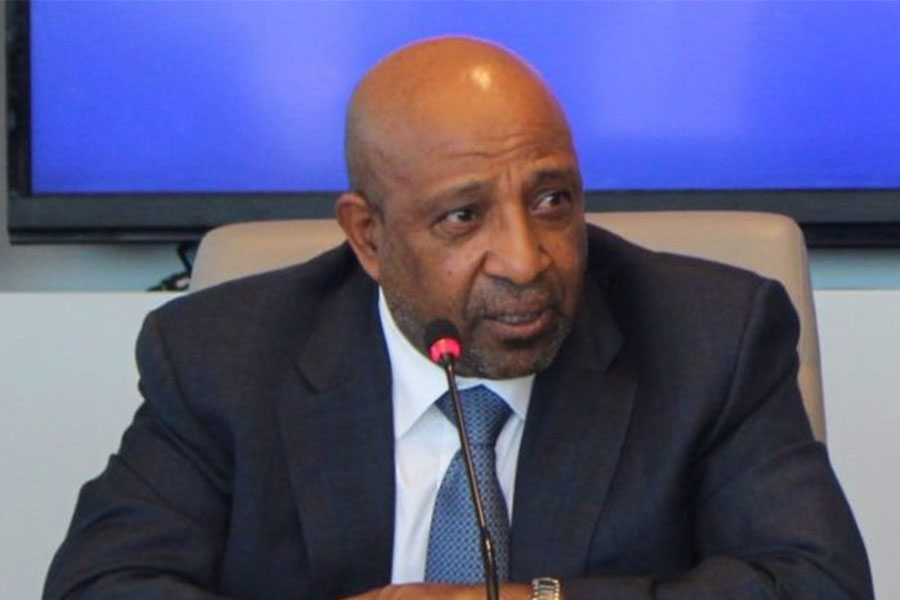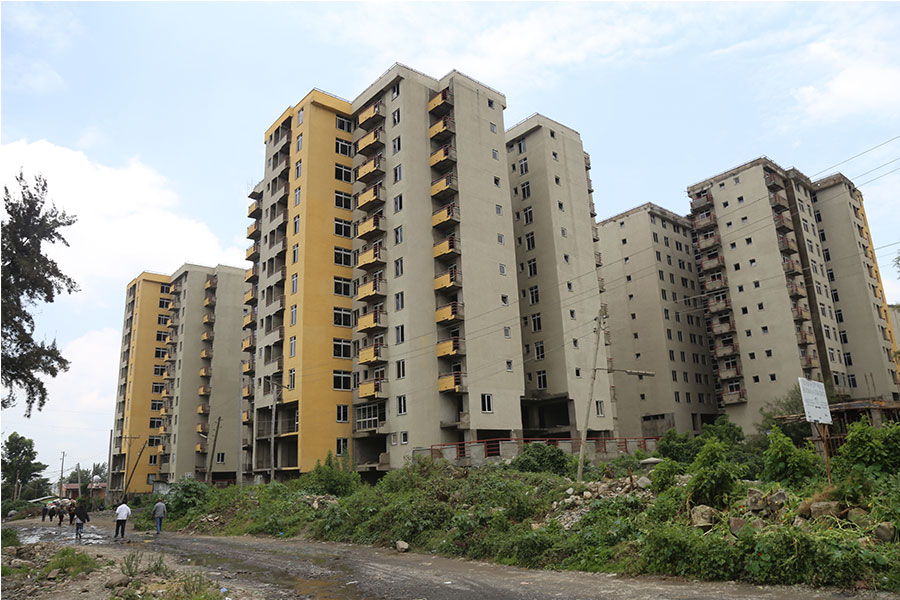
Fortune News | Apr 20,2019
Two public universities are vying to evaluate the efficiency of the government's procurement process for large volume buying.
The Addis Abeba Civil Service University and Bahir Dar University are the two educational institutions that reached the financial evaluation level for the restrictive bid. The bid was announced by the Federal Procurement & Property Administration Agency to evaluate the efficiency of the nine-year-old framework procurement.
The Public Procurement & Property Disposal Service facilitates annual framework procurements that are valued at two billion Birr on average, involving 321 different commonly used items supplied by 49 vendors.
Printer toner, stationery materials, sanitary products, uniform, and tires are among the items procured by the Service to be distributed to all governmental institutions and branch offices. The procurement is made for three years at a time.
Roughly 70pc of the government's annual budget is devoted to the procurement of different items.
The Addis Abeba Civil Service University and Bahir Dar University are the two educational institutions that reached the financial evaluation level for the restrictive bid.
Three universities and two consulting firms were invited to submit bids in March to study and evaluate the framework agreement, to report any gaps discovered and to make recommendations for improvements. Addis Abeba University, the Ethiopian Management Institute and the Industrial Projects Service were the three other participants alongside the two universities.
However, only the two universities submitted proposals that fulfilled the Agency’s technical requirement for assessment methods to be applied to accomplish the work, developing profile of the human power needed, the content of the report and finally the financial offer they proposed.
The winner of the bid will be selected on the basis of how closely it meets the requirements of the tender to the satisfaction of the client; addresses the communication gaps between the user, supplier and the Service; and the overall achievement of the framework procurement, according to Martha Luwiji, director of the Agency.
"The task of the project is expected to show the gaps and come up with solutions and recommendations within the last quarter of the budget year,” said Martha.
The proposal preparation committee for Ethiopian Civil Service University is led by the team leader, Tadiwos Menta (PhD), who said the framework procurement has a good side in terms of efficiency, as it reduces the interventions and transactions of people in the process, thus reducing opportunities for corruption.
But he points out some of the limitations of such procurements in terms of fulfilling the satisfaction of users.
It creates gaps in the delivery of goods from suppliers - delays communications between the buyer, suppliers and end-user organisations during the process of procurement.
There are around 176 budgetary organisations, 15 universities and other institutions that use the framework procurement, but the committee plans to survey about 80 of the institutions, according to Tadiwos.
"Some of the methodologies the research team has to use during the assessment consist of questionnaires, interviews with users and focal group discussions," he said.
The result of the bid was not immediately announced, and the Director of the Agency told Fortunethat there was no report from the committee that had arrived at her desk by the time this paper went to print.
The dean of the college of business and economics at Haramaya University, Henock Semaw, agrees on the need to assess the impact of the framework procurement.
Henock points out that the framework has some drawbacks in terms of delaying delivery, the provision of quality goods as per the requirement and sometimes inflating prices far above the market price.
"The main dissatisfaction with the procurement arises from its inconveniences for planning and proper budget utilisation," Henock said. "Most of the time budgets are poorly utilised due to an undefined procurement schedule."
PUBLISHED ON
May 25,2019 [ VOL
20 , NO
995]

Fortune News | Apr 20,2019

Fortune News | Apr 19,2025

Fortune News | Jun 29,2019

Radar | Aug 22,2020

Fineline | Jan 19,2019

Radar | Apr 17,2020

Fortune News | Feb 09,2019

Radar | Sep 10,2022

Editorial | Dec 11,2020

Agenda | Jul 29,2023

Dec 22 , 2024 . By TIZITA SHEWAFERAW
Charged with transforming colossal state-owned enterprises into modern and competitiv...

Aug 18 , 2024 . By AKSAH ITALO
Although predictable Yonas Zerihun's job in the ride-hailing service is not immune to...

Jul 28 , 2024 . By TIZITA SHEWAFERAW
Unhabitual, perhaps too many, Samuel Gebreyohannes, 38, used to occasionally enjoy a couple of beers at breakfast. However, he recently swit...

Jul 13 , 2024 . By AKSAH ITALO
Investors who rely on tractors, trucks, and field vehicles for commuting, transporting commodities, and f...

Jul 5 , 2025
Six years ago, Ethiopia was the darling of international liberal commentators. A year...

Jun 28 , 2025
Meseret Damtie, the assertive auditor general, has never been shy about naming names...

Jun 21 , 2025
A well-worn adage says, “Budget is not destiny, but it is direction.” Examining t...

Jun 14 , 2025
Yet again, the Horn of Africa is bracing for trouble. A region already frayed by wars...